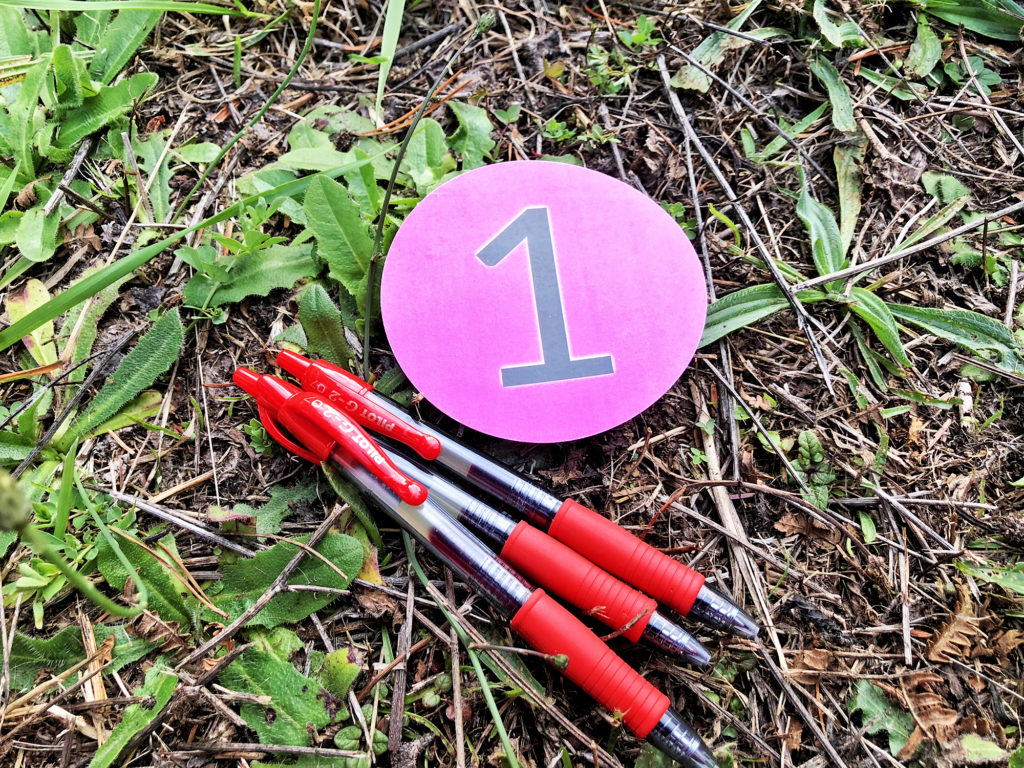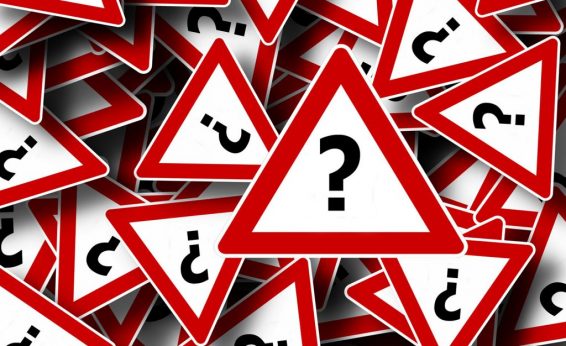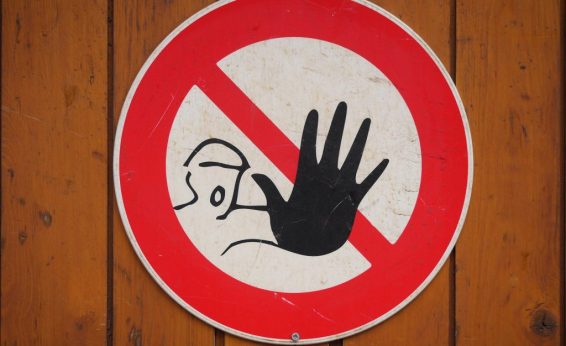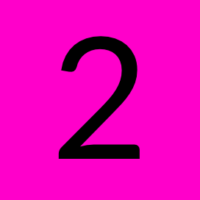
Critiquing Resources
Critiquing Resources
Science values skepticism and review of work, but critiquing constructively is not always an easy task.
Learning Objective: Explain why critiquing information is an important aspect of science, including the value of skepticism, and ways to constructively critique.

Critiquing is analyzing something in a detailed manner using logic and reasoning.

Scientific knowledge comes from people observing and inferring.
On the positive side, an individual\’s perception can be unique and build new knowledge. On the negative side, an inference can be incorrect and misconceptions can arise. Eggs and sperm do not have little humans wrapped up in them, but those misconceptions arose with limited observational ability and the cultural understandings of that time.
Scientific knowledge needs to be continually checked and updated. Critique is built in along every step: graduate student research is critiqued by a committee of experts; a scientist\’s research article is critiqued by peers before it is published; audiences ask tough questions during seminars; and the list goes on.


Scientists are also expected to \”self-critique,\” to identify and address biases and limitations. It is a habit of mind to question yourself constructively and it can take years of practice to develop.
When critiquing someone\’s science contribution, skepticism is valued, but denial is not.

Skepticism
Doubting that something is true. Wanting more evidence, more successful repetitions, and strong predictability of results.

Denial
Refusing to consider. Not entertaining new ideas or the possibility of error in observation, or reasoning.
Skepticism is important is approaching emerging news stories, like learning about the current outbreak of coronavirus.
Critique sources of information, disregard unsubstantiated claims.
Critiquing is making a value judgement: that something is well done or poorly done. That something is correct or incorrect.
When done well, critique can support rapid progress in research: pointing out flaws and supporting innovation.
There are methods of effective critiquing that have developed over time.

One key aspect of critiquing is determining whether something is valid. This means determining whether something is reasonable, logical, and based in fact.
We consider validity when exposed to something new; some people say \”it has to pass the sniff test,\” meaning something has to seem reasonable.
Critiquing is a valuable process when deciding how to consume knowledge. You are critiquing when deciding whether you believe a new diet makes sense, or deciding how to best treat a medical condition. This starts with determining whether a claim has validity.

While critiquing a resource, like a website, it helps to make a list of questions to answer.
-
Is the website run by a trusted source?
-
Does the website promise/offer anything?
-
Why does the website exist?
-
Is the information current; recently written or updated?
-
Is the information based on science research, coming from a primary source?
Develop your own checklist for critiquing science information.
In the next section you will see how critiquing research changed our understandings of predator-prey interactions.










